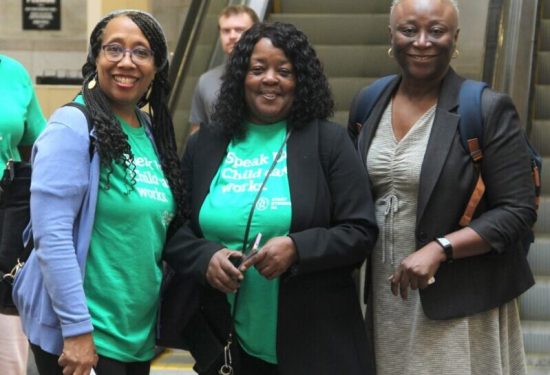On April 1, 2020, one of the elements of the stimulus that came into play was the Families First Coronavirus Response Act Leave. This program has not had much attention paid to it, especially by home-based child care providers, but it does afford an opportunity for you to receive funds that can be very helpful to your organization by supporting you, your employees, and even your contractors.
When the pandemic struck, many small businesses could not afford to provide the additional sick leave that would be needed due to COVID-19 related illness or quarantine. Additionally, many schools closed in reaction to the pandemic, forcing countless parents to stay home with their children and support them with remote schooling. In many cases, these small businesses lacked the reserve funds needed to pay employees whose children were now at home, leaving them unable to return to work but with no income. As such, the Federal Government created the Families First Coronavirus Response Act Leave which provides funds in the form of payroll tax credits to help alleviate the economic impact of needing to provide this leave.
The new stimulus extends the ability to get funds through the Families First Coronavirus Relief Act Leave. Businesses are no longer required to provide this leave, but can take it voluntarily and receive the tax credits through March 31, 2021. There are two programs through which you can provide this leave: the Emergency Paid Sick Leave Act (EPSLA) and the Emergency Family & Medical Leave Expansion Act (EFMLEA). You can use both if you qualify.
First, the Emergency Paid Sick Leave Act (EPSLA) provides up to 80 hours of sick leave for employees at their regular rate of pay (up to $511 per day with a cap of $5,110 for the whole 80 hours) if the employee is quarantined for potential COVID-19 exposures or has COVID-19 symptoms. Employees can also be paid at two-thirds their regular rate of pay (up to $200 per day with a cap of $2,000) if the employee is experiencing symptoms of COVID-19 and seeking a diagnosis. This two-thirds rate also applies for employees caring for someone under quarantine or a child (under 18) whose school is closed due to COVID-19. A school closure includes remote learning situations where the child is at home.
The second program, the Emergency Family and Medical Leave Expansion Act (EFMLEA) provides up to 12 weeks of expanded family and medical leave with 10 of those weeks paid at two-thirds of the employee’s regular rate of pay (up to $200 per day with a cap of $2,000) if the employee is unable to work (including telework) to care for a child whose school or childcare provider is closed due to COVID-19. Again, the school closure includes remote learning.
The leave can be used by sole proprietors/owners and their business’s employees. Contractors reported through a 1099 can apply but they need to report their time directly to the federal government as a separate business.
As you can see, the Families First Coronavirus Leave Act provides a great opportunity for small businesses to bolster their ability to provide paid leave. Reimbursements are received through a “refundable tax credit” meaning that the United States Treasury will pay you using money from employment taxes. Detailed information on how to apply for the reimbursement can be found in the Home Grown Stimulus Navigator. You can email us in both English and Spanish with any questions that you have at ppp@civstrat.com.



